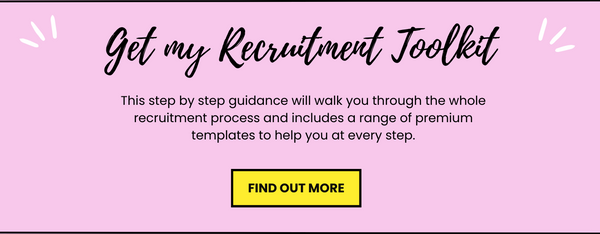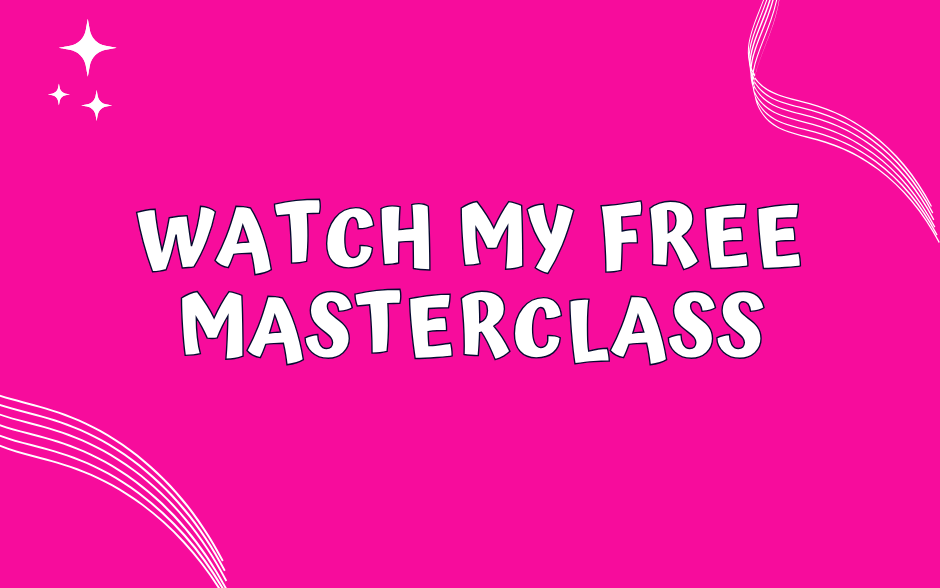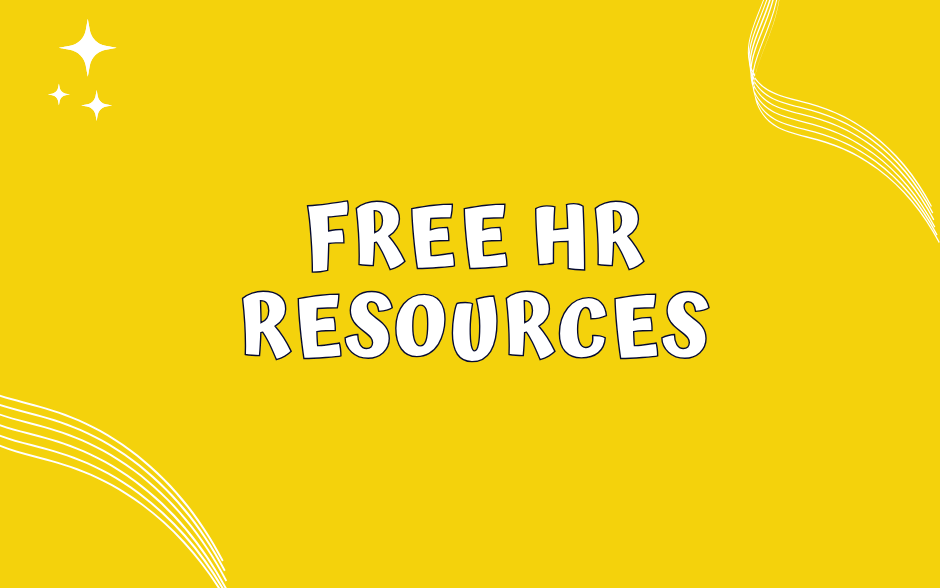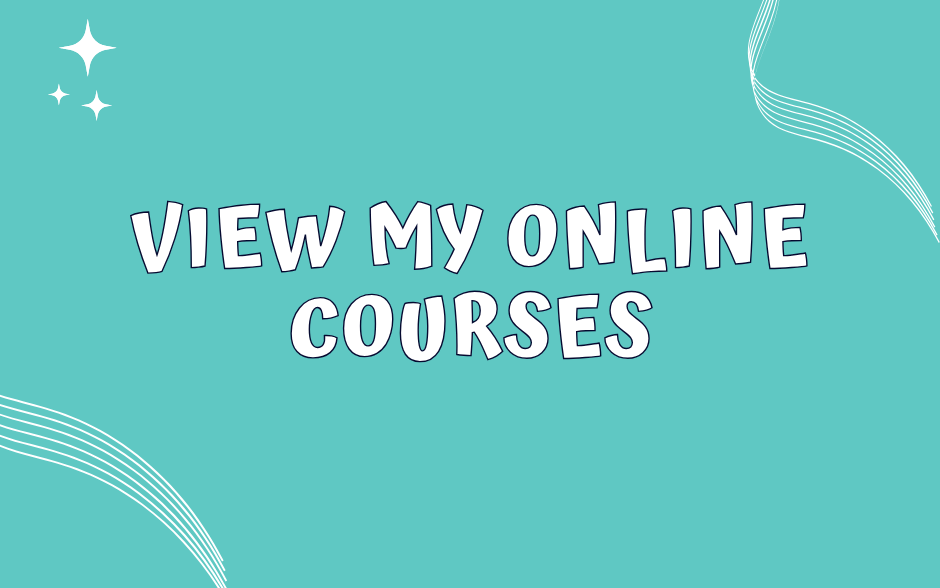How to interview people for your job

Once you’ve advertised your job, and you’ve got some great people that have applied to work for you, you can arrange to interview the best candidates.
An interview is a key part of the recruitment process. It's your opportunity to find out more about them, to see who will be the best fit for you and ultimately help you to achieve your goals faster.
If you’ve never interviewed before, you may lack confidence or knowledge on how to prepare, so here's my top tips to get you started.
How to look and sound professional
Have you (or anyone you know) ever applied for a job, gone to the interview and come home afterwards feeling like it had been a complete waste of time?
If so, perhaps it was because of:
- The interviewer being late – meaning you are not their top priority.
- The interviewer doing most of the talking – so you feel like you haven’t had the opportunity to showcase what you can do.
- The interviewer being distracted by his or her watch/phone/other people – signifying boredom or lack of interest.
- The interviewer asking random questions or was not adequately prepared.
- The interviewer being unprofessional or asking inappropriate questions.
If you want this hire to work out, you need to ensure the people who apply have a great experience, by thinking about what impression you want to give, how to best represent your brand and how to ensure at the end of the interview, they want to work for you.
How to impress your candidates
Apart from the obvious, like show up on time and be courteous and polite, here are three things you can do to look and sound professional.
1. Create the right environment
When the candidates turn up to the interview, you want to impress them immediately and create the right environment that mirrors what you’re all about.
If you currently work from home it might not feel appropriate, or safe even, to invite strangers into your home, so you may need to arrange somewhere to hold them. Here are some suggestions for you to consider.
- Need somewhere informal? An obvious one is a local café. Those based on the quieter back roads might be a good bet, rather than the usual high street coffee chains. Scope it out in advance.
- Need somewhere private? If you’re planning on discussing anything confidential or sensitive, find a location where you and your interviewee can talk freely. Your local library or community space might have meeting rooms for hire.
- Want to convey a cool vibe? Check out whether there are any remote working hubs or co-working venues in your area that offer meeting spaces. Or try any local trendy boutique hotels. Often, these places will have very stylish and comfortable interiors and allow you to book meeting rooms.
- Don’t need to meet in person? Video conferencing technology like Zoom or Skype can be great. It’s practical, cheap and easy to use, but you might miss out on some of the usual social interactions you take for granted by meeting face to face.
- Need to present a professional image? If you have a good relationship with a local professional services business, like a law or accountancy firm, they might lend you a meeting room at their offices if you’re a valued client.
2. Make a great first impression
Wear an outfit that makes you feel confident and looks professional. Even if it's a video interview.
Offer your interviewees a firm handshake and begin with some small talk before the interview.
And don't forget about your body language and making eye contact.
3. Perfect your selling pitch?
Can you explain your vision, what your company does and why this is a great opportunity in less than five minutes?
Interviewing is a two-way process. So, you also need to convince your ideal candidate why they should work for you.
Check out my Recruitment Toolkit, to save time and interview your candidates like a professional.
Ask questions to help you make a good decision
Many interviewers waste theirs and their candidate’s time asking poorly thought-out questions. Some even Google a list of generic questions and ask those.
To increase your chances of hiring the right person, it’s worth investing time to plan your questions for each candidate you interview. Think carefully about the knowledge, skills, expertise and character traits you need for the role, and develop your questions around these. Also, make sure you ask questions to see if the candidates would thrive in your working environment and team. Cultural fit is just as important as the skills they have.
How to decide which questions to ask
You only have a limited about of time for each interview, so you need to choose your questions wisely. At the end of the interview, you want to feel confident (and get as much proof as possible) that the person you want has the:
- Skills to do the job brilliantly.
- Right personality and values to thrive in your company’s culture – i.e. you can work brilliantly together as a team and they are a good fit for your business
- Flexibility or potential to take on more in the future, as you seek to achieve your vision
Ultimately, every question you ask should have a clear purpose and should connect to your ‘absolute yes’ list and your deal-breakers – to gather evidence for you to decide whether they are the right person for you or not.
You can ask any interview question you like, as long as it’s helpful and legal.
A good way to start is by listing out all the questions to test what’s on your ‘absolute yes’ list and will help you get to know the candidates.
Then pick questions that will test your deal-breakers, to ensure you make a positive hiring decision. Yay!







